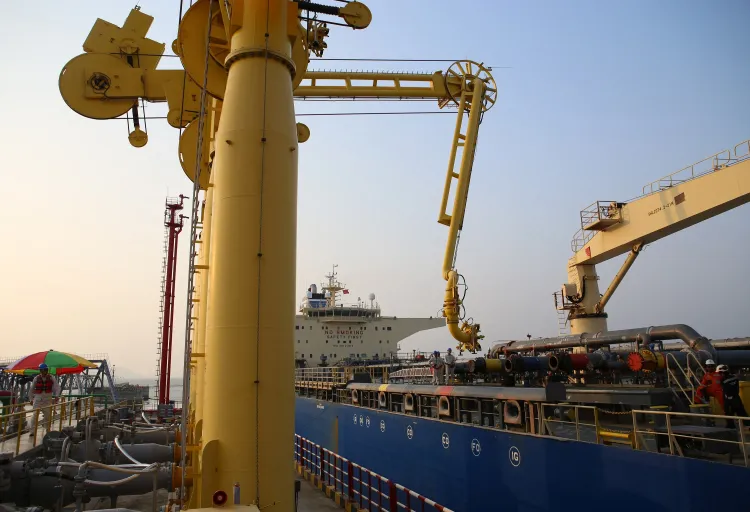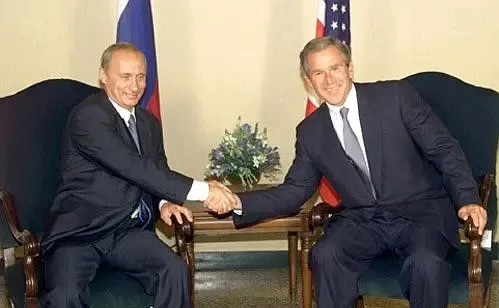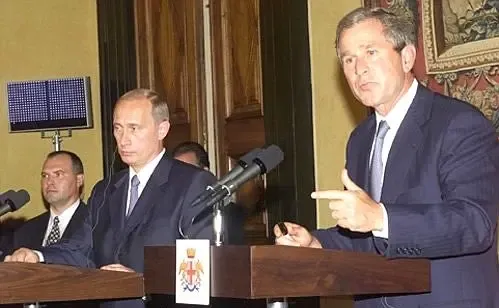Is South Korea Reviewing Oil and Gas Supplies Amid Mideast Tensions?

Synopsis
Key Takeaways
- Emergency Review: South Korea is assessing its oil and gas supplies due to Middle East tensions.
- No Immediate Concerns: Current reserves are stable, ensuring energy security.
- International Prices: Oil prices have surged significantly following recent airstrikes.
- Strategic Response: The government is monitoring the impact on domestic supply and prices.
- Support Measures: Plans include financial support for exporters affected by the situation.
Seoul, June 13 (NationPress) In light of increasing tensions in the Middle East following Israel's strike on Iran, the South Korean government undertook an emergency assessment of the nation's oil and gas supplies on Friday. The Ministry of Trade, Industry and Energy reported that there are currently no immediate concerns for the country.
The ministry convened a meeting with officials from major state-owned energy firms, including the Korea National Oil Corp. and the Korea Gas Corp., alongside industry specialists, to outline a strategic response to the rising international energy prices triggered by the regional unrest, as highlighted by Yonhap news agency.
According to the ministry, global oil prices jumped 10.7 percent, reaching $76.80 per barrel by noon, following Israeli announcements of multiple airstrikes on Iranian targets.
The ministry confirmed that it has thoroughly evaluated the nation's oil and gas reserves and assured that all oil tankers and liquefied natural gas carriers bringing energy to Korea are functioning without any interruptions.
“Considering South Korea's significant reliance on oil and gas imports from the Middle East, developments in that region are intimately linked to our energy security,” stated Yoon Chang-hyun, the director general for resources industry policy at the ministry.
“We will vigilantly observe the repercussions of the recent (Israeli) airstrikes on our domestic supply and pricing of oil and gas, and react promptly to alleviate any strain on the national economy,” he added.
Additionally, the industry ministry conducted a meeting with trade agencies to formulate strategies to mitigate the consequences of the Middle Eastern conflict on South Korea's exports to the area, including financial support and the temporary use of alternative vessels, the report indicated.
Brent crude prices surged by 7.2 percent due to fears of potential supply disruptions. Israel indicated that it targeted Iranian nuclear facilities to prevent Tehran from advancing its nuclear weapons program, which resulted in retaliation from Iran, including the launch of 100 drones.










